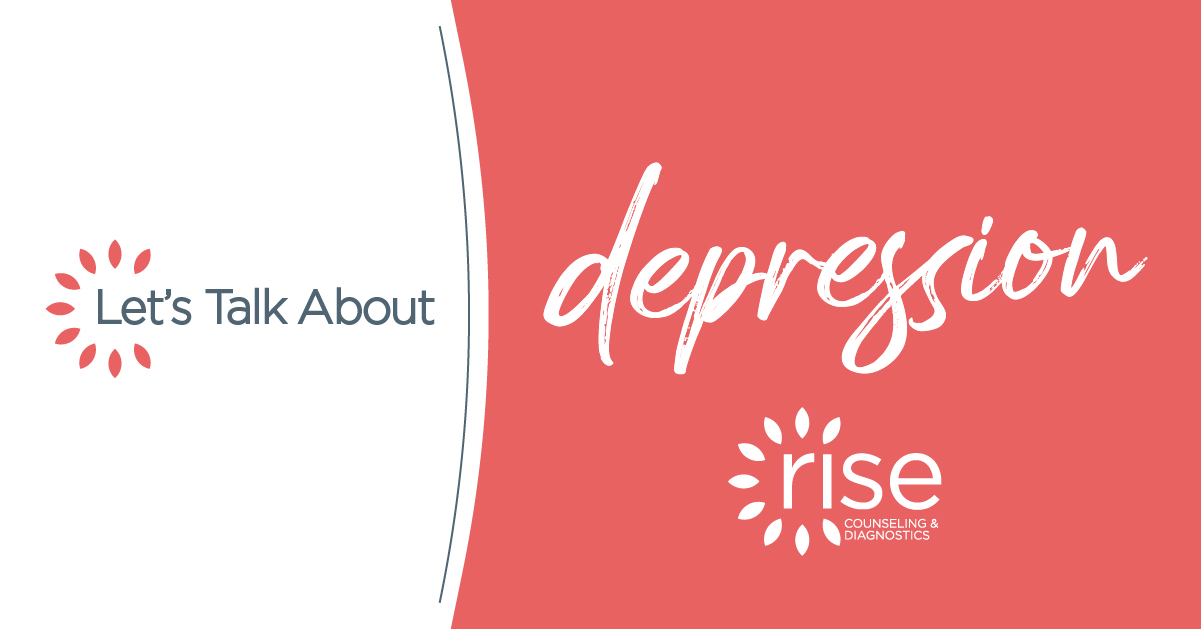Depression is defined as a mood disorder that causes persistent feelings of sadness or loss of interest. Major depressive disorder or clinical depression affects how one thinks, feels and behaves.
Clinical depression can look differently in every individual. Below are possible symptoms of depression:
- Feelings of sadness, emptiness and hopelessness
- Angry outbursts, irritability or frustration
- Loss of interest or pleasure in most or all activities
- Sleep disturbances, including insomnia or too much sleep
- Tiredness or lack of energy
- Reduced appetite or weight loss/ Increased appetite or weight gain
- Anxiety, agitation or restlessness
- Slowed thinking, speaking, or body movements
- Feelings of worthlessness or guilt, fixation on past failures and self blame
- Trouble thinking, concentrating, making decisions and remembering things
- Frequent or recurrent thoughts of death, suicidal thoughts, suicide attempts or suicide
- Unexplained physical problems, such as back pain or headaches
Below are possible ways to cope with clinical depression:
- Get active. Even 10-15 minutes of physical activity can make a difference
- Nourish your body. Eating well-balanced meals and avoiding high-sugar, high-fat, high-processed foods
- Sleep. Getting too much sleep is not good for depression, but getting enough is important
- Journal. Writing down how you feel can help you process your emotions and thoughts
- Set manageable goals. Break down your goals into small amounts and work your way to bigger tasks
- Engage in joyful activities. Enjoy small things like a good song, visiting with a friend, and participating in a fun hobby
- Stay connected with your friends and family in order to avoid the feelings of loneliness
- Give yourself compassion and grace. Be patient with yourself and your progress
- See a mental health professional or therapist to discuss ways to better improve your mental health
Each individual with clinical depression has their own symptoms and experiences. If you or your child experience these signs, we would love to start the conversation with you here at Rise Counseling & Diagnostics to help. You are not alone. Contact us today at 501-891-5492 or click here to Get Started.
References include: The Mayo Clinic and ADAA.


